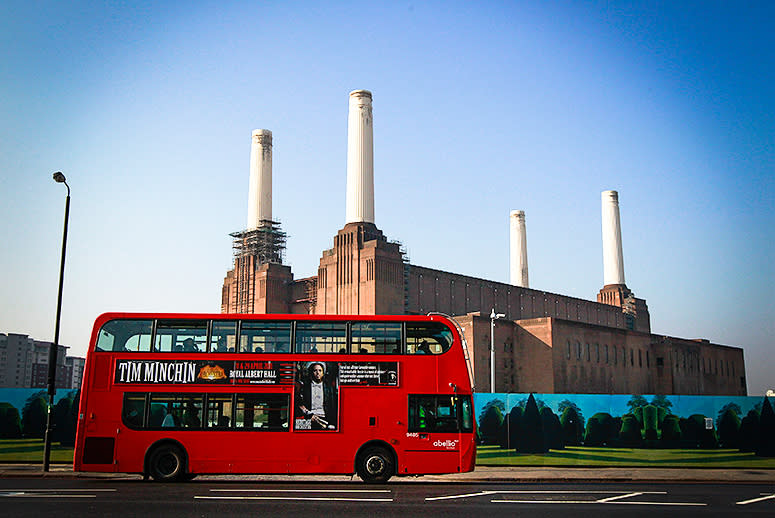The United Kingdom Promises an End to Coal-Fired Power

The United Kingdom’s dozen remaining coal-fired power plants are getting the boot.
In a speech on Wednesday, U.K. energy secretary Amber Rudd announced plans to close these plants by 2025, and remove one of the dirtiest forms of energy production from the nation’s grid.
Carbon dioxide emissions from coal-fired power are among the top drivers of global climate change.
“It cannot be satisfactory for an advanced economy like the U.K. to be relying on polluting, carbon intensive 50-year-old coal-fired power stations,” Rudd said in her speech, adding that a third of the country’s electricity came from coal in 2014, a higher percentage than in 1999.
“Even with the huge growth in renewables, our dependence on coal hasn’t been reduced,” Rudd said.
The commitment makes the U.K. the first industrialized nation to set a timetable for ending its use of coal-fired power.
To dismay of some green groups, however, Rudd stated that renewable energy sources such as solar and wind won’t make up the difference in Britain’s energy mix under the plan. Instead, the coal-fired power plants will be replaced with a new fleet of natural gas-fired and nuclear power stations.
While natural gas-fired power emits about half the pollution of coal-fired power extracting the gas from underground deposits creates significant carbon emissions, rendering it an unsuitable replacement for coal in the eyes of many environmentalists.
The country’s move away from wind and solar subsidies deviates from fellow European countries such as Denmark and Germany, which are producing more than a quarter of their power from renewable sources.
Conservation groups such as Greenpeace welcomed the phase-out of coal in the U.K., but were guarded about increased reliance on natural gas and nuclear power.
RELATED: Greenpeace Is Shopping for Dirty Coal Power Plants
“Amber Rudd's speech marks a welcome end for the use of coal,” John Sauven, executive director of Greenpeace U.K., said in a statement. “Now we must ensure that the government prioritizes renewable energy to power the U.K. in the future.”
Former U.S. Vice President Al Gore, a longtime advocate for action on climate change, said the U.K.’s plan to end use of coal was an inspiring precedent in the lead-up to the international climate treaty conference, which begins on Nov. 30 in France.
“With this announcement, the U.K. is demonstrating the type of leadership that nations around the world must take in order to craft a successful agreement in Paris and solve the climate crisis,” Gore said in a prepared statement.
In September, Gore was critical of sharp reductions in government subsidies for wind and solar energy development, given the growing dangers the U.K. and other nations face from global warming.
Rudd said the coal phase-out was first and foremost about creating a secure energy supply. “No responsible government should take a risk on climate change,” she said. But, she said, “we will not support offshore wind at any cost.”
“The technology needs to move quickly to cost-competitiveness,” Rudd added. “The industry tells us they can meet that challenge, and we will hold them to it. If they don’t there will be no subsidy.”
Related stories on TakePart:
• Portland Bans New Oil, Coal, and Gas Projects
• The U.S. Could Get a Third of Its Electricity From Wind Power—and Save Billions of Gallons of Water
• This Map Shows Who Owes the Most for Burning All That Coal
Original article from TakePart


